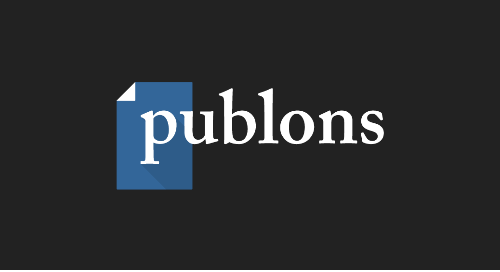integrity-and-ethics-what-issues-do-editors-encounter
June 13, 2019
“The concepts ‘integrity’ (reliability and trustworthiness thus, reproducibility) and ‘ethics’ (appropriate conduct) describe what quality should mean in research publishing.”
Chris Graf, Director, Research Integrity and Publishing Ethics, Wiley
At the Wiley Editor Symposium that took place recently in Hoboken, Fiona Brabazon (Editor) and Elizabeth Moylan (Publisher) hosted a workshop to take a deep-dive into some of the research integrity and publishing ethics issues that our journal editors face. Here they share the discussions they had.

What are the main issues that editors face?
At the workshop we identified a number of issues that can be challenging for editors—they spanned topics such as:
- plagiarism and self-plagiarism or ‘text recycling’
- managing potential conflicts of interests (for both editors and reviewers)
- simultaneous submission (that can result in duplicate publication)
- the overly ‘thin slicing’ of research
- ethical issues involving research with people (consent and ethics approval)
- issues in peer review (for example managing inappropriate reports)
- authorship issues
When facing such issues, we encourage editors to seek support from their in-house publishing contact if necessary. Wiley has an Integrity in Publishing Group (IPG) that can offer further advice if needed. The IPG is a team of 20+ individuals that work in various departments. They volunteer their time and expertise to provide advice and support for colleagues handling complex issues. They also review and approve retraction requests and handle formal complaints. In 2018, the group handled over 300 queries from 150 colleagues (publishers, editors, and content managers). The most common issues were cases involving authorship, questionable behavior/misconduct and data concerns.
What resources can help?
We discussed some potential resources that could help. For example, iThenticate Plagiarism Detection Software is available and can be run on submitted manuscripts to detect potential plagiarism. However, plagiarism is often not a ‘yes / no’ phenomena and there can be many nuances to discussions around plagiarism and interpreting plagiarism. The role of this software is, to support the editor’s efforts. COPE (the Committee on Publication Ethics) provides resources and support for publishers and editors, in particular for some of the issues that came up during the workshop. For example, COPE guidelines on text recycling, a discussion document on authorship, and flowcharts for handling specific situations which are also available in many languages.
Sharing experiences
Editors shared their own particular experiences and insights with these issues.
In considering potential conflicts of interest in their roles, some editors prefer not to submit their papers to their own journals because of the negative impression this could create in certain disciplines. We discussed the need for an editorial process to be in place to manage potential conflicts of interest. For example, if editors wish to submit a paper to their own journal this should be handled by another member of the editorial board. Similar considerations can be applied when editors receive submissions from individuals at their own research institution. In these cases, the paper can be assigned to another handling editor to avoid potential conflicts of interest.
Finally, we discussed a typical situation that many editors face when handling rebuttal articles (those articles that critique articles previously published in the journal) and sought feedback on some practical considerations with handling such articles. Considerations included checking:
- if a substantial contribution is being made and the submissions are not defamatory (including the need to escalate to legal colleagues if necessary)
- whether there was need for such submissions to have formal peer review or not, and if so, whether the original editor/reviewers could be involved or if there were any potential conflicts of interest
- if the original authors were given a right to respond.
While some situations can be straightforward and overseen by a handling editor, other situations are more complex, requiring formal peer review. Having a policy in place to handle such articles can be helpful. Some journals offer ‘point-counterpoint’ articles for these situations, for example, Journal of Organizational Behavior.
Many thanks to the editors who participated in the workshop. You can learn about other workshops from the Wiley Editor Symposium as well as all other sessions here.
Resources:
Wiley Best practice guidelines on Publishing Ethics A Publishers Perspective, Second Edition
The Committee on Publication Ethics (COPE)
Center for Open Science Transparency and Openness in Publishing guidelines









